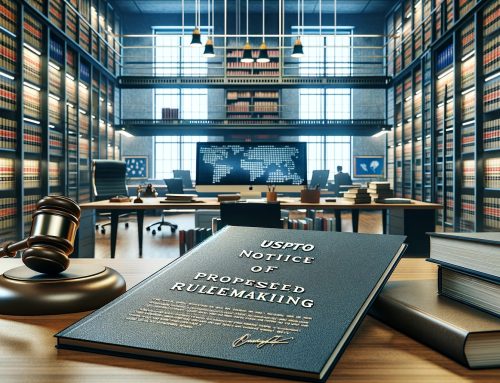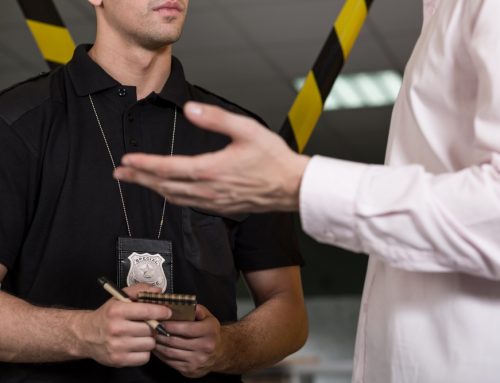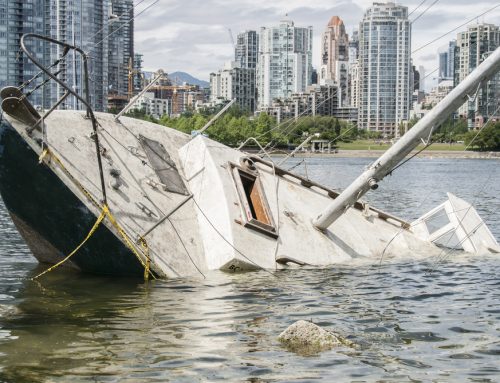Florida is a no-fault state when it comes to car insurance, which plays a significant role in how damages are awarded in car accidents. Drivers in Florida are required to carry personal injury protection (PIP) to cover for injuries and other damages regardless of who is at fault in an accident. Here is everything you need to know about Florida’s no-fault system:
Understanding No-Fault Insurance
The principle of no-fault insurance is that it provides each injured party in a car accident with compensation for their injuries or other damages. Each injured party must pursue compensation from their insurance company, regardless of who is responsible for the accident.
The reasoning behind this system is that it allows victims to receive prompt payment for medical bills and reduces the need for litigation between parties, at least in minor accident claims.
The concept of no-fault insurance originated in the United States in the 1970s. It was issued to address the growing concerns of traditional fault-based systems which were often related to lengthy and costly lawsuits. Many states in the U.S., including Florida, have adopted the no-fault system to streamline the claims process and ensure faster compensation for accident victims regardless of fault.
Florida’s No-Fault System & Its Benefits
In Florida, the no-fault insurance system is known as Personal Injury Protection (PIP) insurance. Drivers in Florida must possess a minimum PIP insurance of $10,000 in coverage to cover for medical expenses and other related costs resulting from car accidents. PIP coverage insurance includes:
- Medical expenses such as doctor visits, hospital bills, diagnostic tests, or rehabilitation services
- Lost wages as a result of car accident injuries can be recovered by up to 60%
- Death benefits, such as funeral expenses and other related costs
Although PIP coverage cannot cover all expenses, especially in severe accidents, it does come with the benefits of allowing drivers in Florida involved in car accidents to receive immediate medical care and compensation without the need for prolonged legal battles. This way, minor accidents can be resolved quickly. As victims mainly deal with their own insurance companies to pay for their medical bills and lost wages, the claims process is simplified, and the need to establish fault before receiving compensation is eliminated, allowing victims to access prompt payment of medical bills.
Limitations and Challenges
Although no-fault insurance systems come with advantages, there are also several limitations and challenges that car accident victims need to be aware of. In Florida, for example, an individual’s ability to sue for personal injury damages might be hindered due to the no-fault system unless they meet certain thresholds.
This can make seeking compensation beyond PIP limitations more challenging. In cases where serious injuries are present, PIP benefits will not be enough to cover all expenses, and victims will still be left with challenges in obtaining full compensation for their losses.
Navigating the No-Fault System
When you are involved in a car accident in a no-fault state such as Florida, you should take the following steps:
- Seek medical attention to ensure that your health is prioritized and that you receive medical care. The medical reports will also be useful later in your case but remember to document all your medical expenses and injuries.
- File a PIP claim to report the accident and initiate the procedures to obtain compensation.
- Consult with a personal injury attorney if you encounter challenges or complexities in your claims process or if you believe you have the legal grounds to initiate a personal injury lawsuit.
Florida’s Legal Threshold
Since Florida is a no-fault state, victims who wish to take legal action and pursue a personal injury lawsuit to recover damages beyond their PIP benefits must meet certain criteria.
The most important aspect is that their injuries are significant or result in a permanent loss, such as loss of bodily function, amputation, significant or permanent scarring, or death.
It is important to consult with a personal injury attorney to evaluate your case and determine the best course of action. To receive guidance for personal injury cases in the Sunshine State, contact Tucker Law. An accident attorney with the Firm will analyze your case, assess its strengths, and guide you through the legal proceedings.








